Uncovering the Shadows: The Role of Secret Societies in Global Events
Understanding Secret Societies
Secret societies have fascinated humankind for centuries, operating within the shadows of society. They often promote esoteric knowledge, rituals, and a shared mission among members. Renowned for their secrecy, these groups can exert considerable influence over political, social, and economic landscapes. Notable societies include the Freemasons, the Illuminati, the Skull and Bones, and the Rosicrucians, each with distinct characteristics and historical footprints.
Historical Background
Freemasons are one of the most famous and enduring secret societies. Dating back to the late 16th to early 17th centuries, they emerged from the guilds of stonemasons. Prominent figures such as George Washington and Benjamin Franklin were members, highlighting their influence in the foundation of the United States. Their principles of liberty, equality, and fraternity inspired revolutions, particularly the American and French revolutions.
The Illuminati originated in 1776 in Bavaria. Founded by Adam Weishaupt, its original aim was to promote Enlightenment values and combat religious and state oppression. Though disbanded in 1785, it has been widely mythologized, often cited as a shadowy group controlling world events, suggesting an organized attempt at global governance.
Skull and Bones, established at Yale University in 1832, represents the nexus of elite politics in the U.S. Members, often dubbed “Bonesmen,” include influential figures such as Presidents George H.W. Bush and John Kerry. The society focuses on networking among the upper echelons of American politics and business, reinforcing the link between elite education and power.
Analyzing Political Influence
The influence of secret societies on political events is a topic rife with speculation. They provide a platform for networking among future leaders, potentially steering policies that align with their ideologies. The discussions and allegiances formed in these enclosed spaces often ripple through to mainstream governance.
-
The French Revolution (1789): The degree to which secret societies shaped the radical changes during this period cannot be understated. Groups like the Illuminati and Freemasons had profound philosophical undercurrents that inspired revolutionary sentiments against monarchy and aristocracy, advocating for democratic governance.
-
World War I and II: Members of secret societies were sometimes positioned at the forefront of decision-making. The inter-war period saw the rise of various clandestine organizations promoting nationalist and socialist agendas. For instance, the Freemasons’ commitment to secular governance transcended borders, influencing leaders across Europe and the Americas.
-
Cold War Diplomacy: The geopolitical climate of the Cold War was rife with clandestine activities and tactics employed by several secret societies. Weathering through proxy wars and political intrigue, these societies championed ideologies justifying their existence and agendas for world order.
Economic Engagements
While political manipulation stands out, secret societies have historically played roles within economic realms as well. Networking through influential members leads to lucrative opportunities both in business and finance.
-
Financial Markets: High-ranking officials often link prestigious societies to economic history. The banking systems, especially in the U.S. and Europe, have connections traced back to key members of such societies. The Rothschild banking family, for instance, has frequently been associated with conspiracy theories linking to secretive operations influencing banking systems worldwide through affiliations with the Freemasons.
-
Corporate Governance: The skull and bones within corporate frameworks often govern key industries. By sharing insider knowledge through their networks, they ensure that ventures benefit their associates, creating a web of influence that extends beyond the public’s eye.
Cultural Ramifications
The reach of secret societies does not stop at political and economic dominion. Their influence permeates culture, art, and philosophy as well. The symbols and narratives generated by these organizations often shape societal beliefs and practices.
-
Art and Literature: The Rosicrucians, for example, are known for their contributions to esoteric art and literature. Their rich symbolism can be found in works by classic authors and artists who embedded secretive messages aimed at the enlightened.
-
Media Influence: The role of elite members in media has further aided in framing narratives supporting their ideologies. Controlled media narratives have the potential to manipulate public perception on critical issues like globalization, climate change, and social justice.
The Conspiracy Theories
The secretive nature of these societies has given rise to numerous conspiracy theories, often blurring the line between fact and fiction. Popular culture regularly showcases such themes, portraying them as omnipotent forces manipulating global events from the shadows.
-
New World Order: Central to many conspiracy theories is the “New World Order” narrative, suggesting that a cabal of elite groups seeks to forge a one-world government. This conspiracy often links back to the Illuminati and Freemasons, blending historical fact with speculative fiction.
-
Political Assassinations: Events such as the assassinations of prominent leaders often draw theories connecting them to secret societies, suggesting that they serve particular interests within a broader scheme. Speculations around figures like Robert F. Kennedy and Martin Luther King Jr. reflect the belief that concealed forces operate above political systems.
-
Technological Surveillance: In the digital age, the intersection of secrecy, data privacy, and corporate interests has fueled new conspiracy theories. The expansion of surveillance technologies, combined with the interests of former secret society members in the tech industry, invites speculation about intentions behind global connectivity.
Conclusion
The discourse surrounding the influence of secret societies continues to evolve. The interplay between historical events, political maneuvers, and socio-economic shifts manifests through layers of secrecy, adding complexity to our understanding of global affairs. While exact roles may remain shrouded in mystery, their enduring presence in shaping pivotal moments in history invites continued inquiry and analysis.
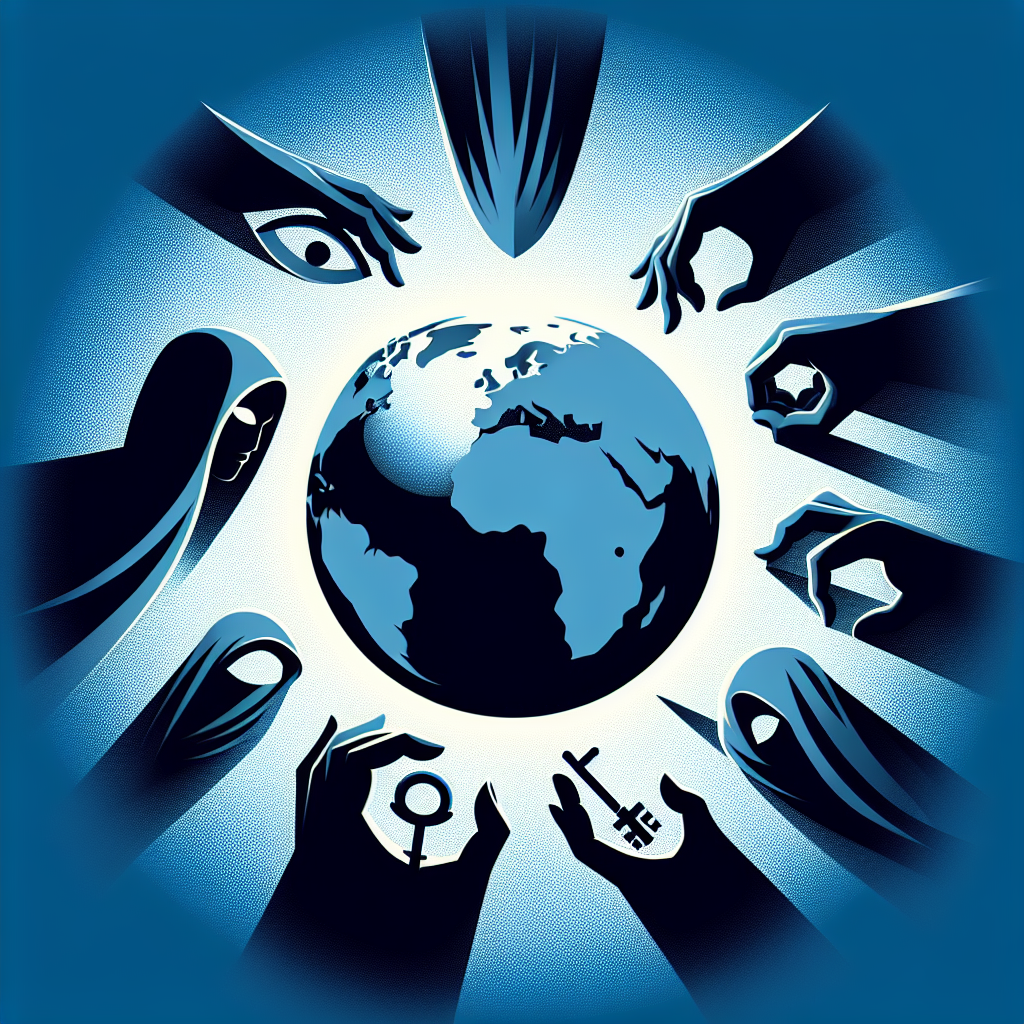
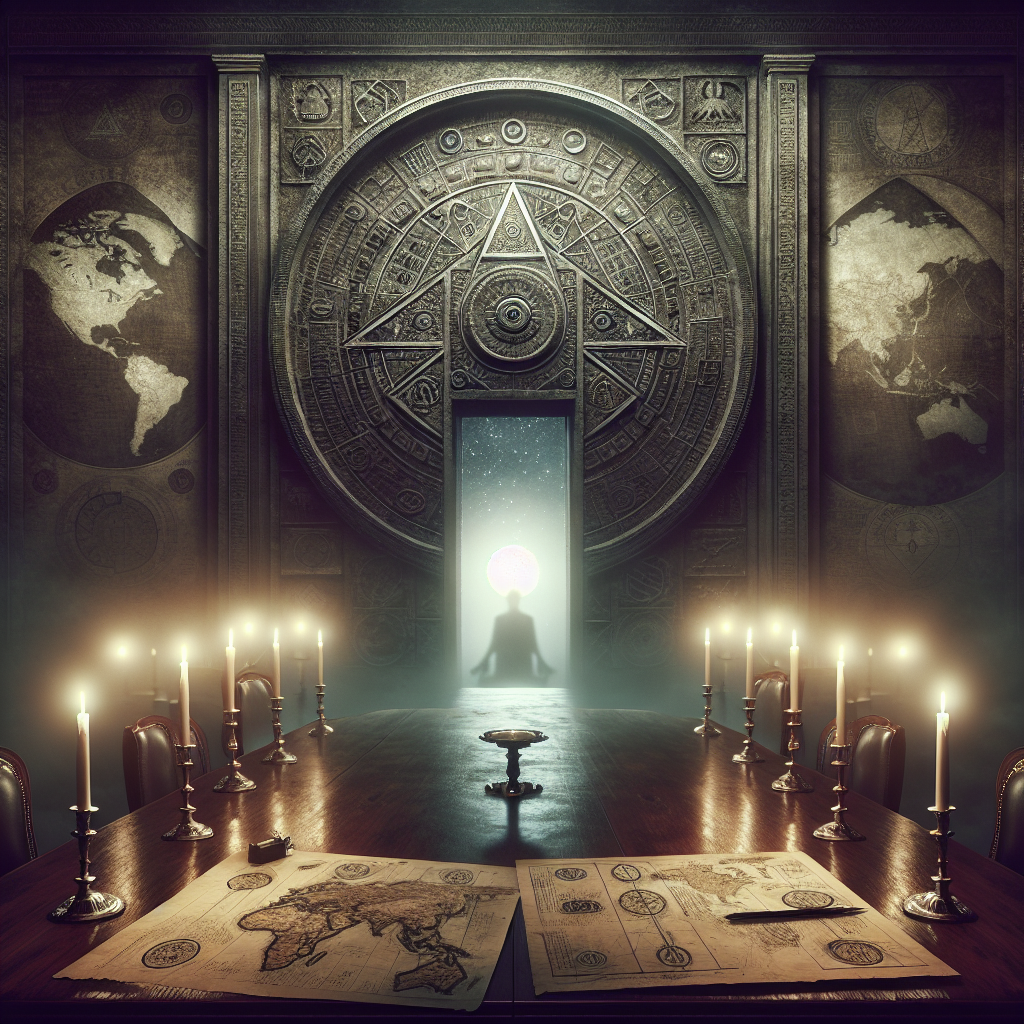
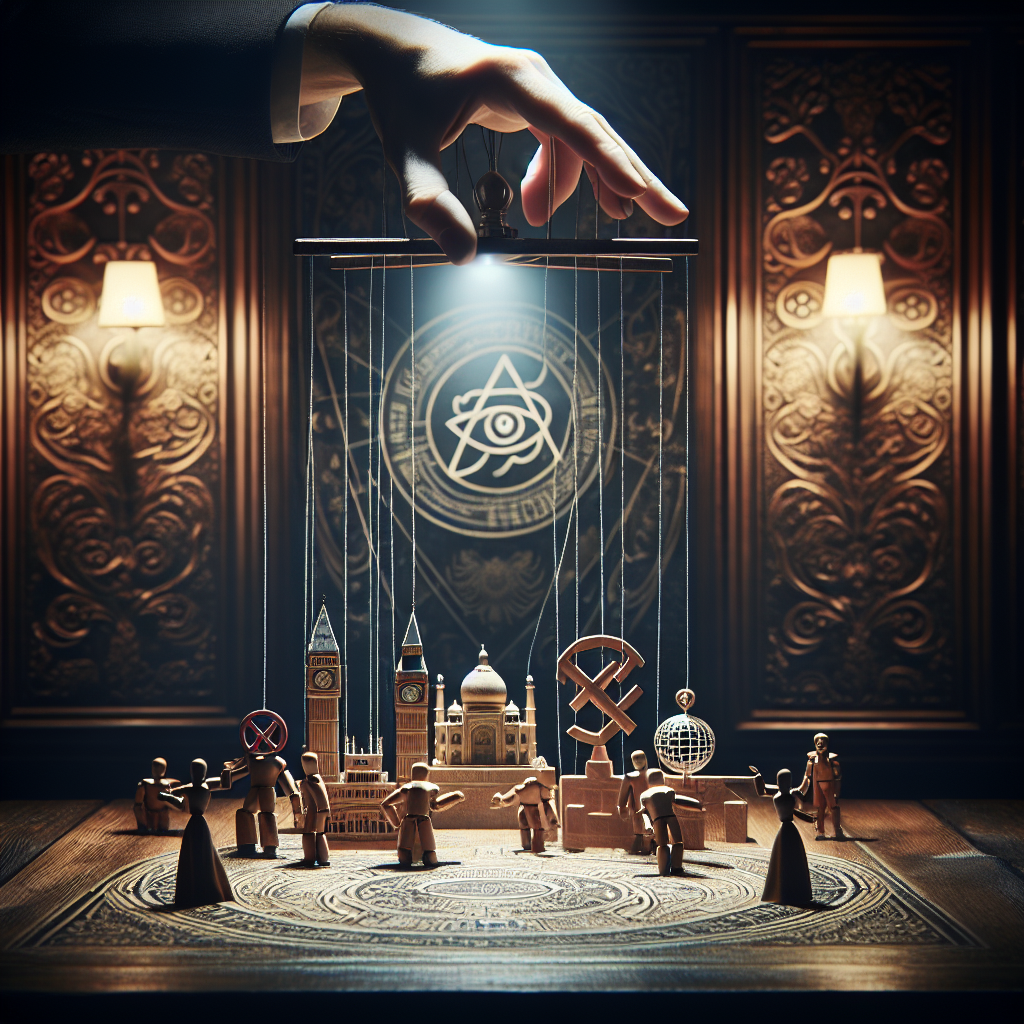
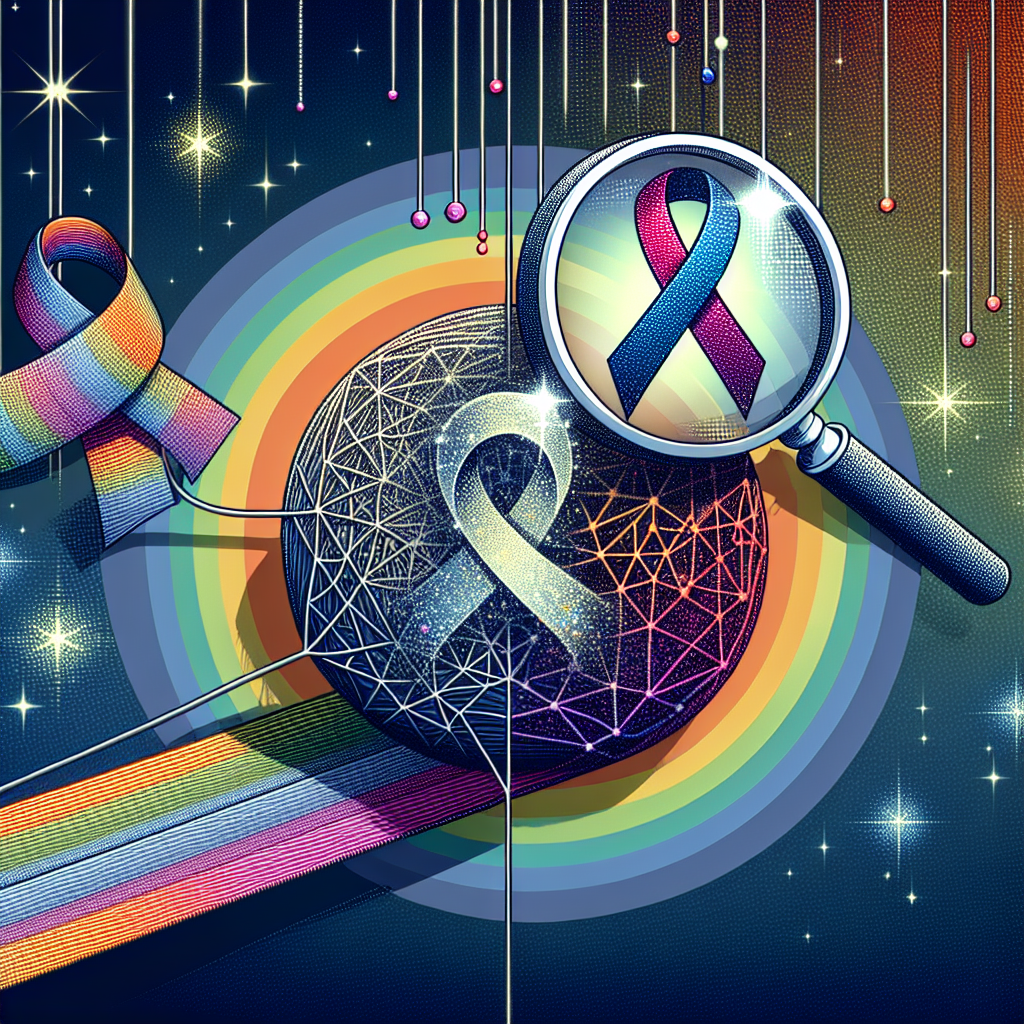
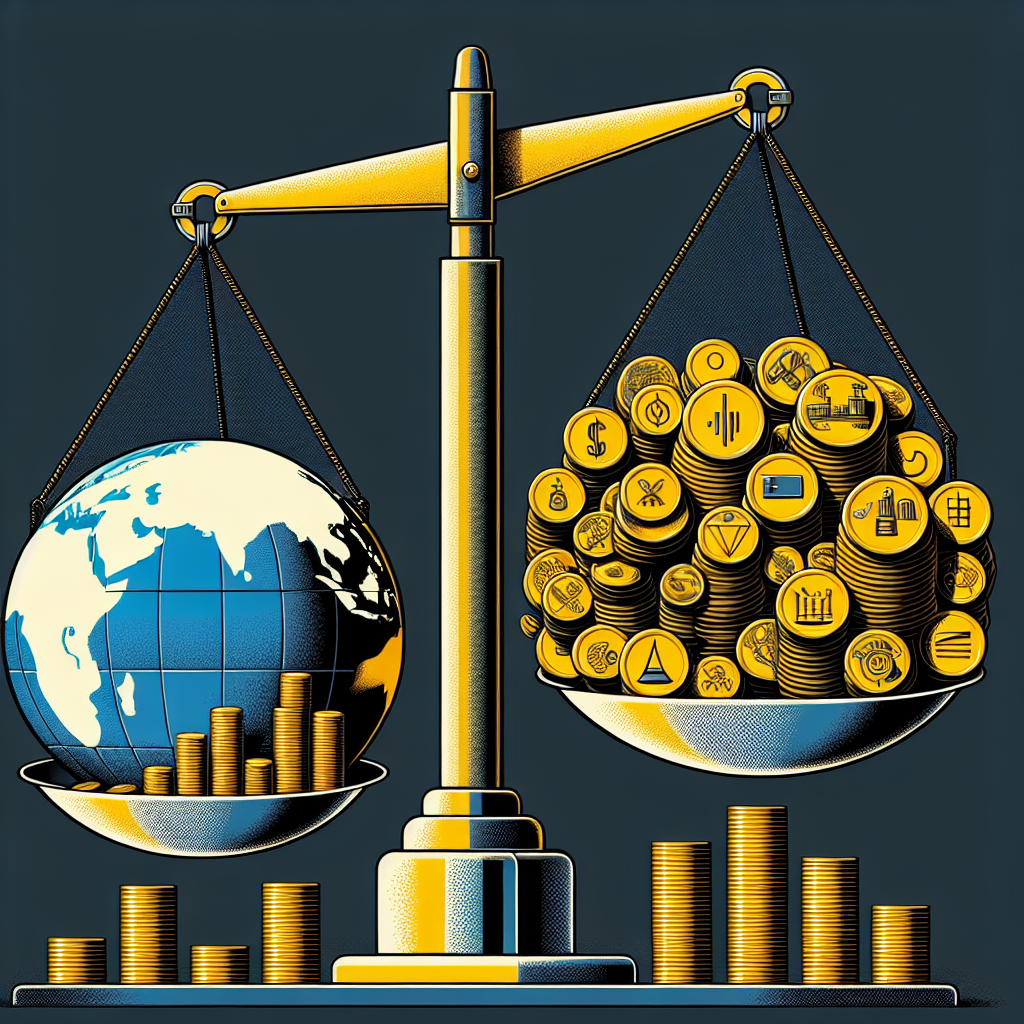
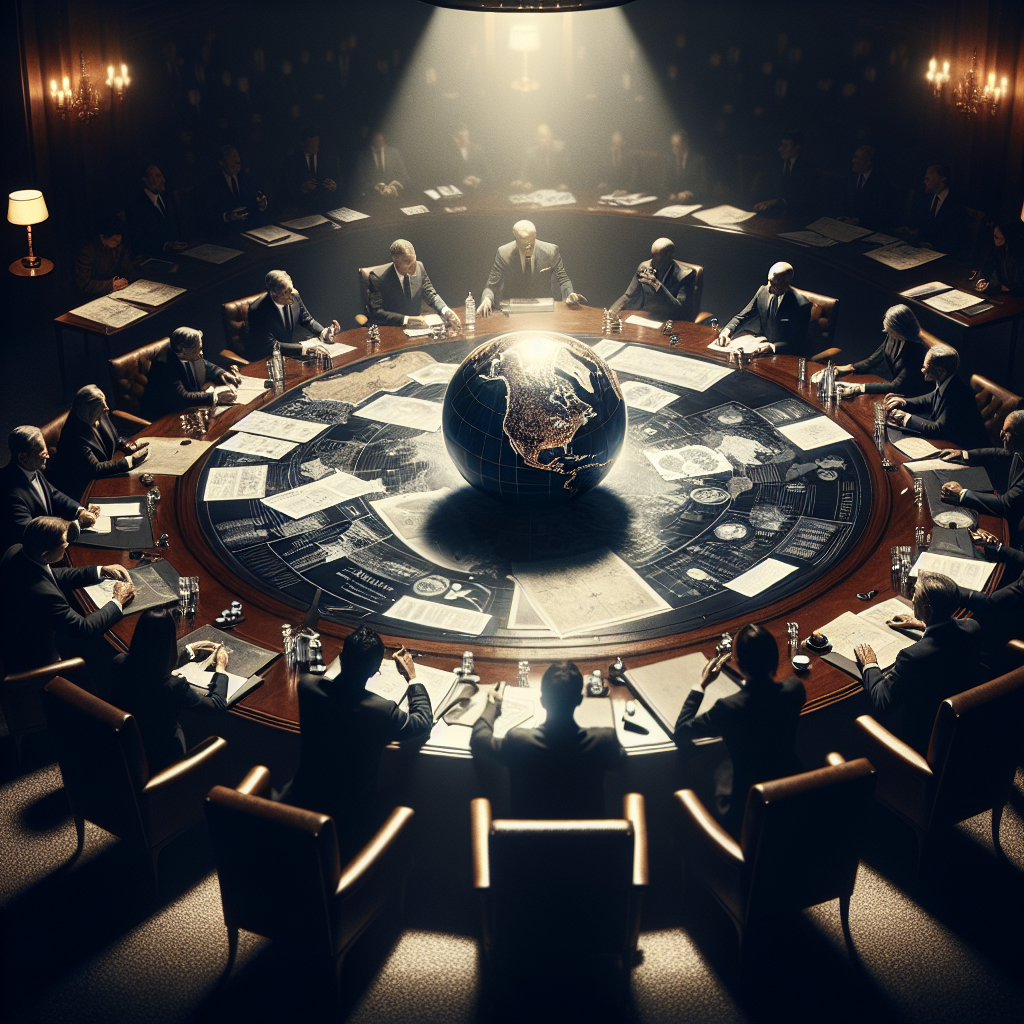
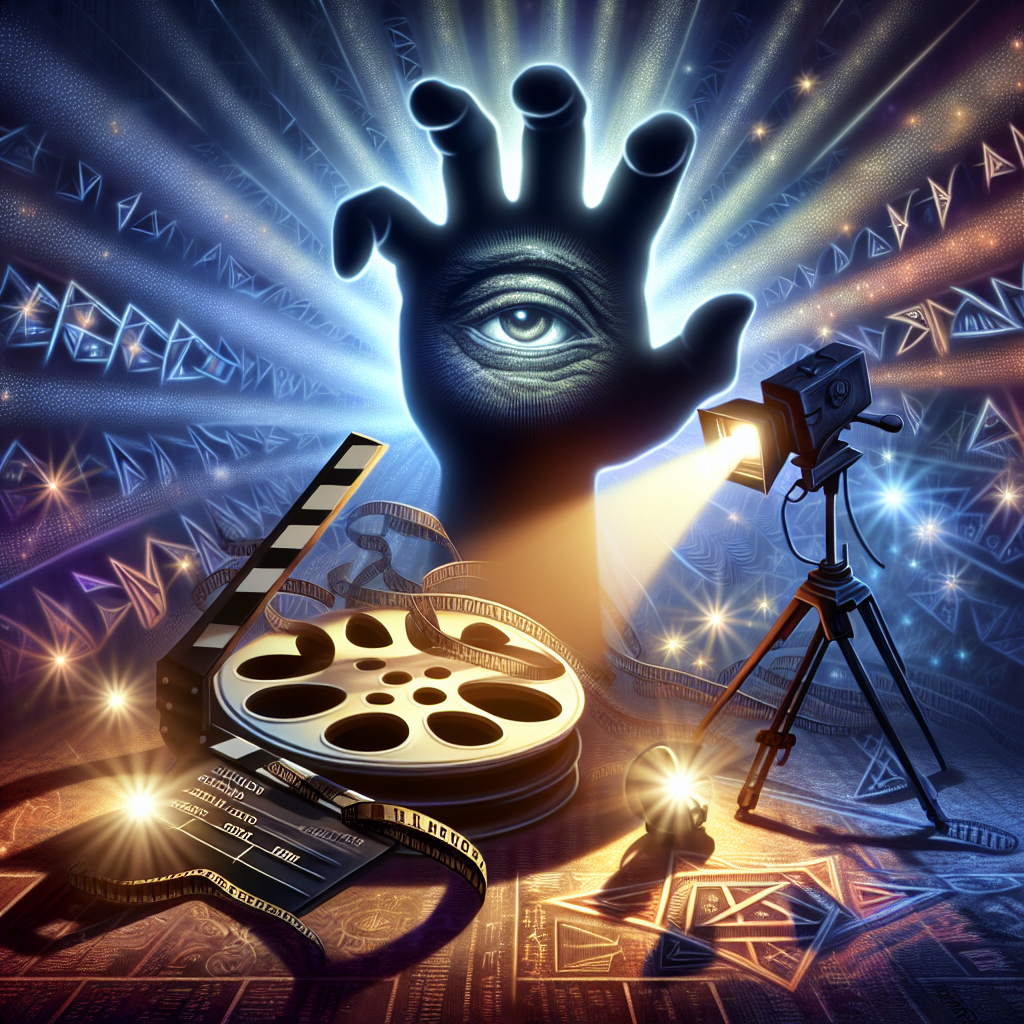




Leave a Reply